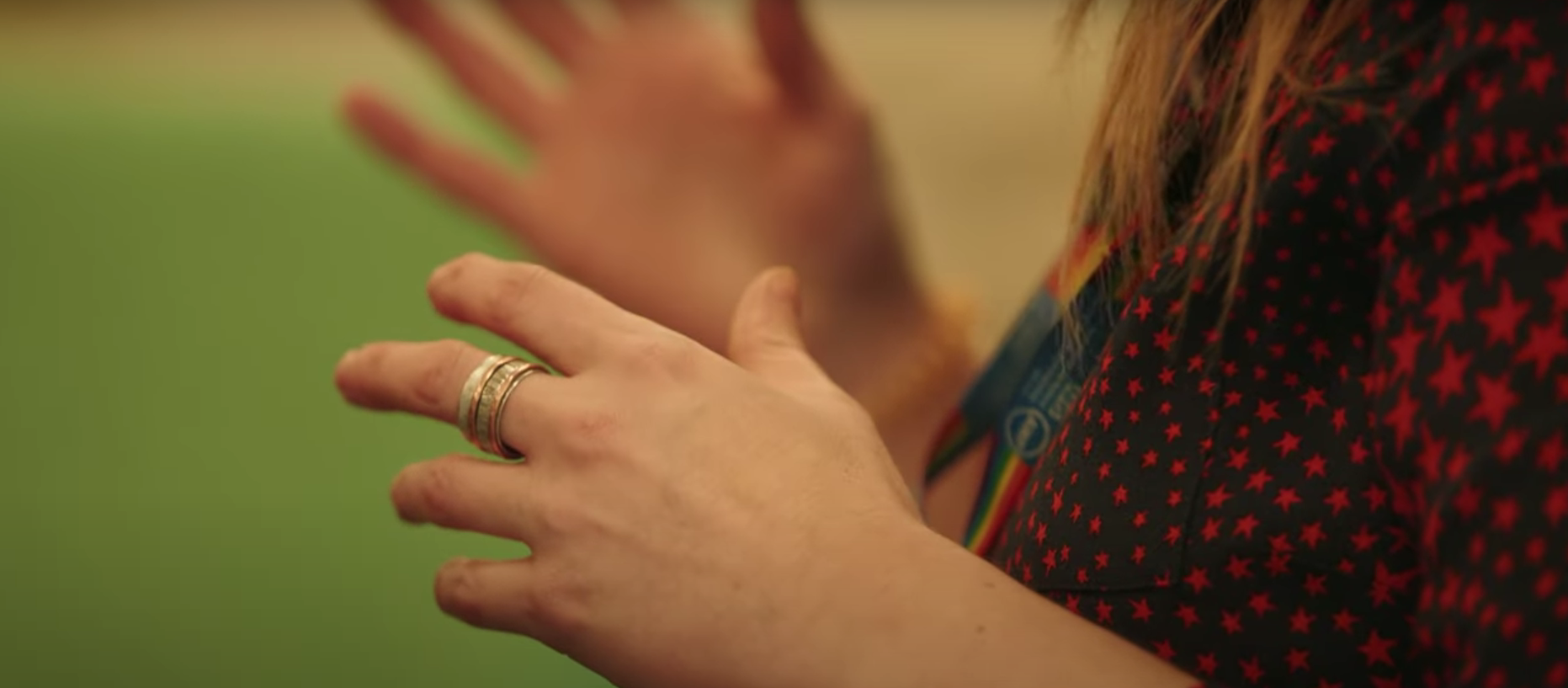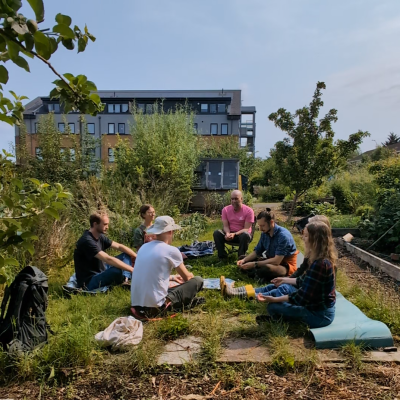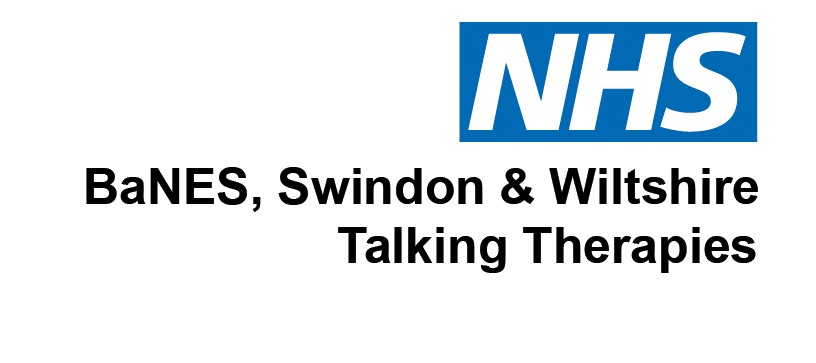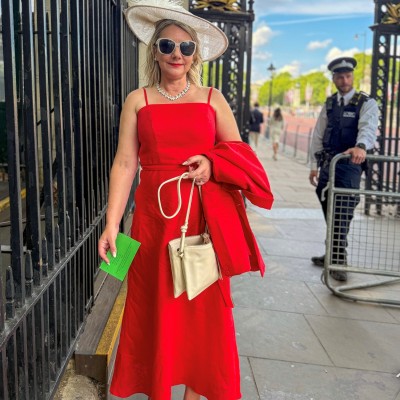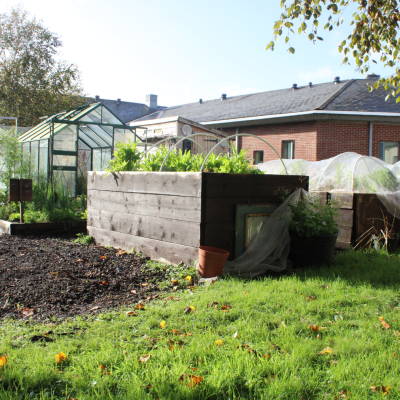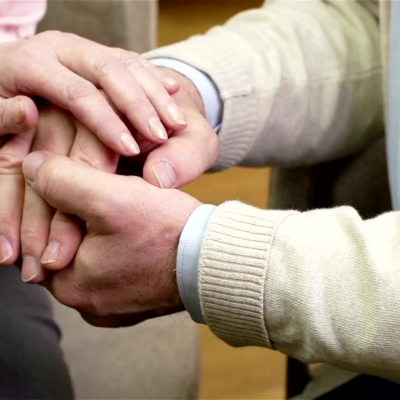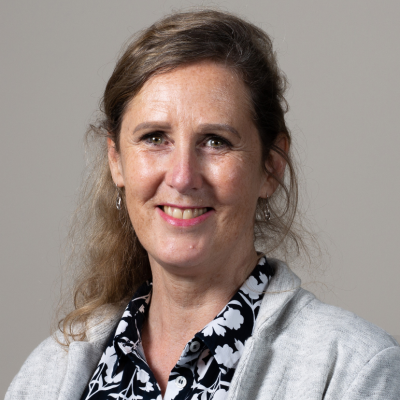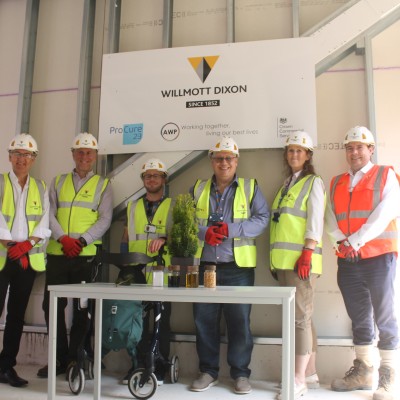Publish date: 2 June 2025
At Avon and Wiltshire Mental Health Partnership NHS Trust (AWP), we believe that recovery isn’t just about treatment, it’s about connection. That’s why we’re proud to celebrate the vital contribution of peer support workers, people who use their own lived experience of mental health challenges to walk alongside others on their journey.
One of those voices belongs to Vicky, a peer support worker at AWP’s BaNES, Swindon and Wiltshire perinatal team whose story is now featured in a powerful new video being shared across AWP’s social media platforms.
Vicky experienced severe perinatal OCD during her pregnancy, a time when overwhelming anxiety and fear of losing her baby consumed her daily life. Now, she draws on that lived experience to support others facing similar struggles.
Vicky said: “Being able to contribute to the service with my voice is a privilege. I’m able to use my darkest time to give hope to others experiencing a similar period of illness and despair, which is incredibly meaningful.”
The impact of that shared understanding is profound. One service user shared: “Having the ability to talk to someone who has actually experienced the same horrific challenges was such a comfort. They got me, they understood me, they never made me feel different.”
Peer support at AWP isn’t just an add on, it’s embedded across our services. From eating disorders and autism to complex emotional needs, peer workers, volunteer mentors, and lived experience practitioners are central to how we care.
Louisa Foxwell, Peer Support and Lived Experience Practice Lead at AWP, explains: “Personal recovery is at the heart of what we do. Our valuable peer workers, volunteer peer mentors and lived experience practitioners offer something truly unique, hope grounded in reality, support rooted in experience, and connection that can’t be taught in a textbook.
“This year, AWP is proud to expand its lived experience services even further including new offerings in areas like Kingfisher and the Offender Personality Disorder Team ensuring more people can benefit from the healing power of shared experience.”
Because sometimes the most powerful words in recovery are: “I get it. I’ve been there. And I’m here for you.”
